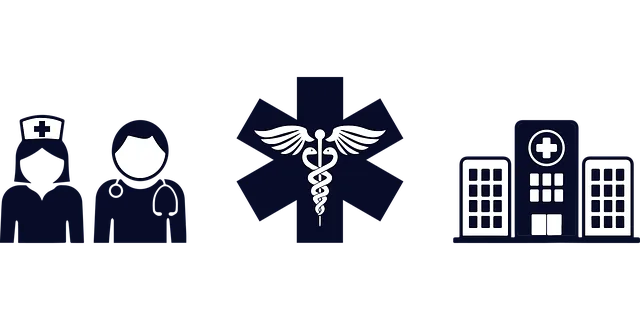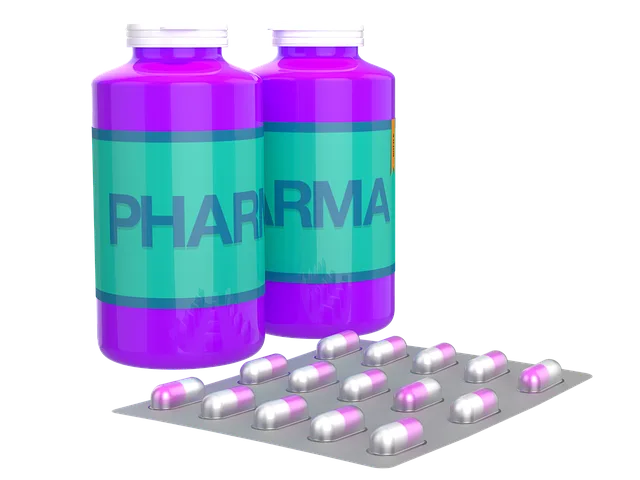Discover the essential FDA regulations for pharmaceutical shipping companies, covering storage, security, and compliance for shipping pharmaceutical products and medical devices. Please be advised that this article is for research purposes only.
FDA Regulations for Pharmaceutical Shipping Companies
The FDA plays a pivotal role in regulating the pharmaceutical industry, ensuring that the distribution and storage of drugs follow strict guidelines. Title 21 of the Code of Federal Regulations governs key aspects such as shipping pharmaceutical products, warehousing, and recordkeeping. These rules are in place to protect public safety, ensuring that medications and medical devices are handled properly.

Who Title 21 Applies To
Title 21 regulations cover a wide range of entities involved in pharmaceutical shipping, including:
- Wholesale drug distributors
- Officers, agents, and employees of these companies
Understanding and adhering to these regulations is critical for compliance when shipping pharmaceutical products and certain medical devices.
Key Aspects of Title 21: Facilities, Security, and Storage
Facilities for Storing Pharmaceutical Products
The first section of Title 21 outlines the requirements for facilities that handle pharmaceuticals. These include:
- Adequate space for the proper storage and handling of drugs
- Environmental controls, such as ventilation and lighting
- Dedicated quarantine areas for defective or expired drugs
Pharmaceutical warehousing demands precise environmental controls to ensure product integrity.
Security Requirements for Pharmaceutical Storage
Security is a top priority when shipping pharmaceutical products. Title 21 mandates that facilities must have:
- Secure access controls
- Well-lit perimeters and alarm systems to prevent theft or unauthorized entry
- Digital security measures to track pharmaceutical delivery devices
Proper Storage Conditions
Maintaining proper storage conditions is essential to avoid product degradation. Title 21 details how to ensure temperature and humidity controls are met, including the use of equipment to record and monitor environmental conditions.
For products that do not require specialized storage, controlled room temperature is necessary. Temperature-sensitive products, however, require cold chain logistics to maintain efficacy.

FDA’s Four Pillars of Pharmaceutical Shipping Compliance
The FDA’s regulatory framework includes four key pillars that shipping pharmaceutical products must adhere to:
- Temperature Control: Ensuring proper temperature during transport and storage.
- Hygiene Standards: Clean facilities and personal hygiene for those handling products.
- Security Protocols: Protection against theft and unauthorized access.
- Recordkeeping: Detailed records of all shipping and handling activities.
Handling Damaged, Outdated, and Returned Pharmaceutical Products
The FDA provides clear guidance for handling drugs that are outdated, damaged, or otherwise unfit for use. These products must be:
- Quarantined in a designated area
- Returned to suppliers or destroyed following strict procedures
Companies are required to keep thorough records of these transactions for future audits.
Importance of Recordkeeping in Pharmaceutical Shipping
Recordkeeping is an essential part of the FDA’s regulatory framework. Title 21 Section F mandates that records must include:
- Seller and buyer information
- Identity and quantity of each drug
- Dates of shipment and receipt
These records must be available for inspection by federal and state authorities for up to three years.

Role of the Department of Transportation (DOT) and DEA in Pharmaceutical Shipping
DOT Regulations for Hazardous Materials
The Department of Transportation (DOT) plays a significant role in regulating the shipment of hazardous pharmaceutical products. Companies must ensure that their delivery routes comply with all DOT regulations regarding hazardous materials.
DEA Involvement in Controlled Substances
The Drug Enforcement Agency (DEA) regulates the shipment of controlled substances. These are often prescription medications that have a risk of misuse, such as painkillers. Shipping companies must have strict security measures in place to prevent theft or diversion of these substances.

Ensuring Compliance in Pharmaceutical Shipping
Pharmaceutical shipping companies must stay compliant with FDA, DOT, and DEA regulations to ensure the safe handling and delivery of medications and medical devices. Proper security, storage, and recordkeeping are critical components of maintaining regulatory compliance.
Failing to meet FDA transportation regulations can have serious consequences, including product recalls, fines, and risks to consumer safety. For pharmaceutical, food, and chemical companies, compliance is essential for product safety and quality across the supply chain.
Logistics providers must stay current with FDA guidelines and adopt advanced technology to meet strict standards. Companies like TLI, specializing in high-security and temperature-controlled shipping, ensure sensitive products are transported under FDA-compliant conditions. With robust monitoring systems and an FDA-compliant carrier network, TLI protects the integrity of temperature-sensitive shipments, reducing risks throughout the supply chain.
